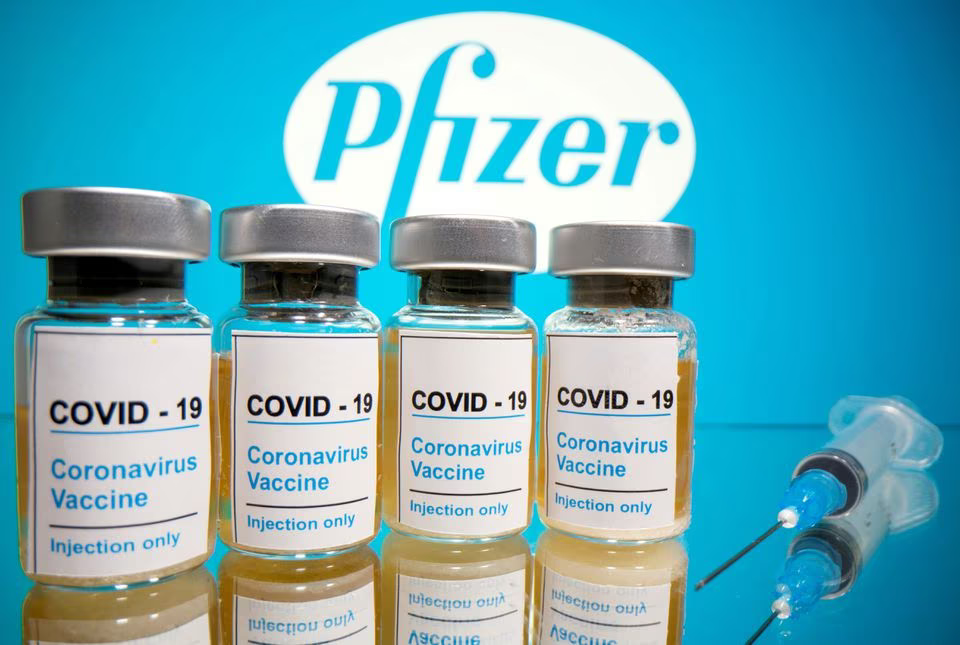
How Pfizer disaster is discouraging some Kano residents from taking COVID-19 vaccines
In 1996, Nigeria experienced one of its worst meningitis outbreaks. Pfizer, a US pharmaceutical company, announced that it could help.
The pharmaceutical giant pledged to tackle the outbreak by testing the efficacy of its new antibiotic, ‘Trovan.’ The drug was tested on 200 young meningitis patients in Kano State, north-west Nigeria.
Barely a month later, 11 of the children that participated in the trial died of brain infections. Parents of other participants also reported disabilities among their children, majorly paralysis.
Although Pfizer had claimed the children died of meningitis and not as a result of the drug, investigations found the company guilty of conducting human trials without informed consent.
The incident led to a long legal battle involving Pfizer, the Kano State Government and the parents of the deceased. In 2009, an out-of-court settlement was reached for $75 million to the state government and $175,000 each to the families of four of the children.
While Pfizer may have moved on, the Kano government a bit richer and some families compensated, findings by PREMIUM TIMES show that the incident still leaves a bitter memory for some Kano residents and has even discouraged many from all kinds of vaccinations.
About 24 years after the incident, the world was faced with the COVID-19 pandemic. Millions of people died from the disease including over 3,000 in Nigeria. Vaccines were produced and distributed around the world. But some residents of Kano refused to take the vaccines because they remained sceptical since the Pfizer incident.
“Since that incident of paralysis and deaths of children, I can never trust any vaccines or medicine from Europe,” Abubakar Salisu said.
Mr Salisu, a resident of Gwagwarwa in Nasarawa LGA, told PREMIUM TIMES last month that he will never take the COVID-19 vaccine and cannot advise anyone to accept it.
He said some residents are of the opinion that Europeans are trying to initiate Africans with the vaccines.
“Our people believe the Europeans are on a mission to plant a device in our body through their vaccines,” he said.
Another resident, Aliyu Musa, who lives in Unguwa Uku in Tarauni Local Government Area, said some of the residents are yet to move on from the Pfizer incident that left many families devastated.
Mr Musa said many families were left with paralysed children as a result of the drug administered to them without the consent of their parents.
“I’m one of those yet to take the COVID-19 vaccine and it will remain like that. My family and I will not take the vaccine because we don’t trust the producers,” he said.
Vaccine hesitancy
Vaccine hesitancy, mostly driven by a history of medical experiments, especially in Africa, is a known phenomenon that poses threat to disease control.
Such hesitancy does not only apply to situations where vaccine uptake is low because of poor availability but also because of distrust and safety concerns.
“As long as it’s a vaccine or medicine from the westerners, I will not accept it. They can not be trusted,” a taxi driver in Kano who identified himself as Ahmed said.
Mr Ahmed said he feels personal anger because his family was directly affected by the Pfizer disaster.
When Nigeria received its first batch of COVID-19 vaccines and commenced vaccination in March 2021, various health experts warned that hesitancy must be tackled if the country is to vaccinate a large percentage of its population.
Kano state’s Immunisation Officer, Shehu Abdullahi, said the government adopted various strategies to convince the people that the incident of 1996 is in no way related to COVID-19 vaccines.
Mr Abdullahi said this is a key message the government has continued to send across to the people.
He said there are still ongoing awareness programmes involving religious and traditional leaders to educate people on the importance of accepting the vaccines.
“Such leaders are usually vaccinated first in the presence of everyone to encourage others to follow suit,” he said.
Sign up to our newsletter and stay updated about our services
Submit a Comment